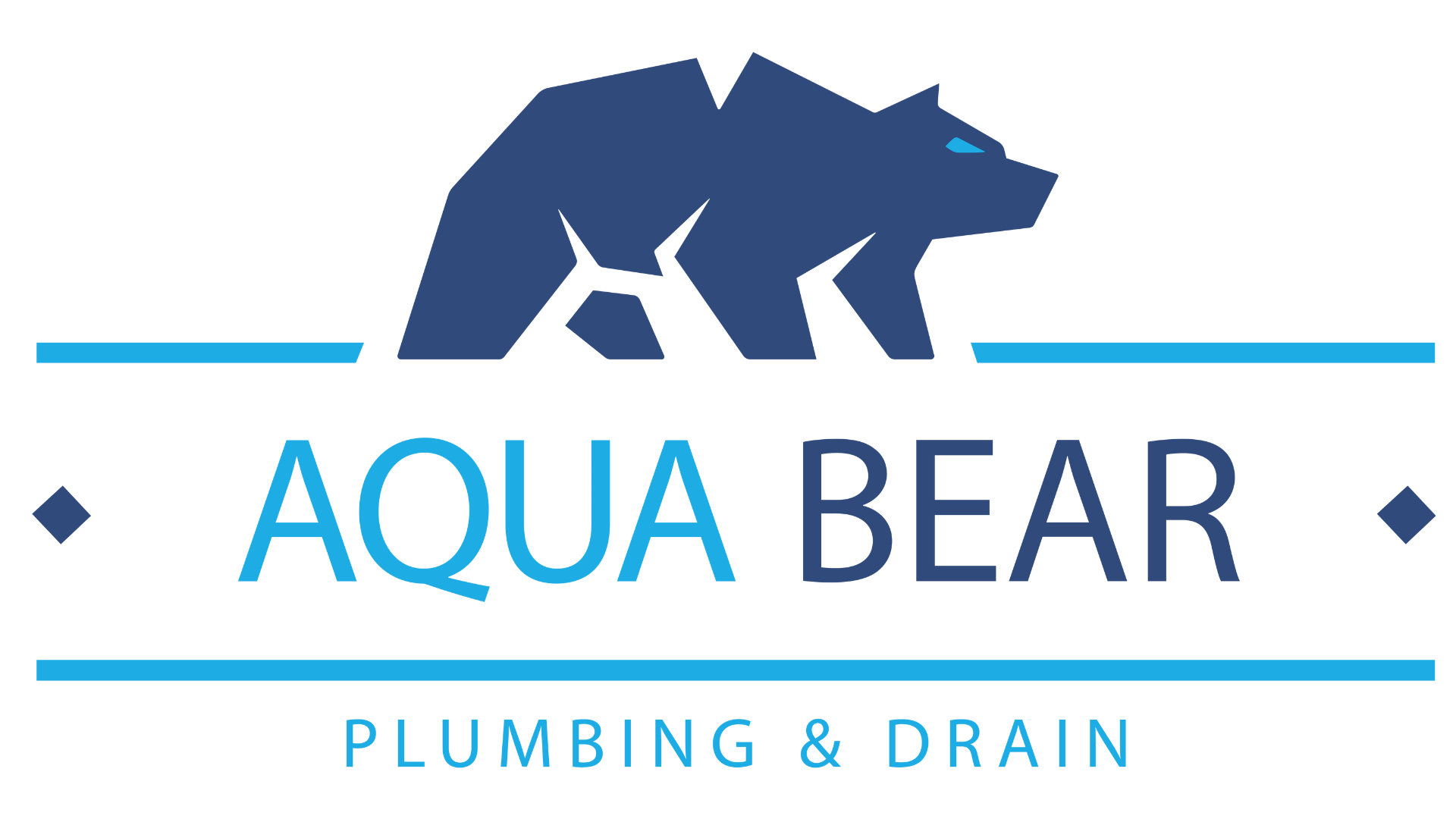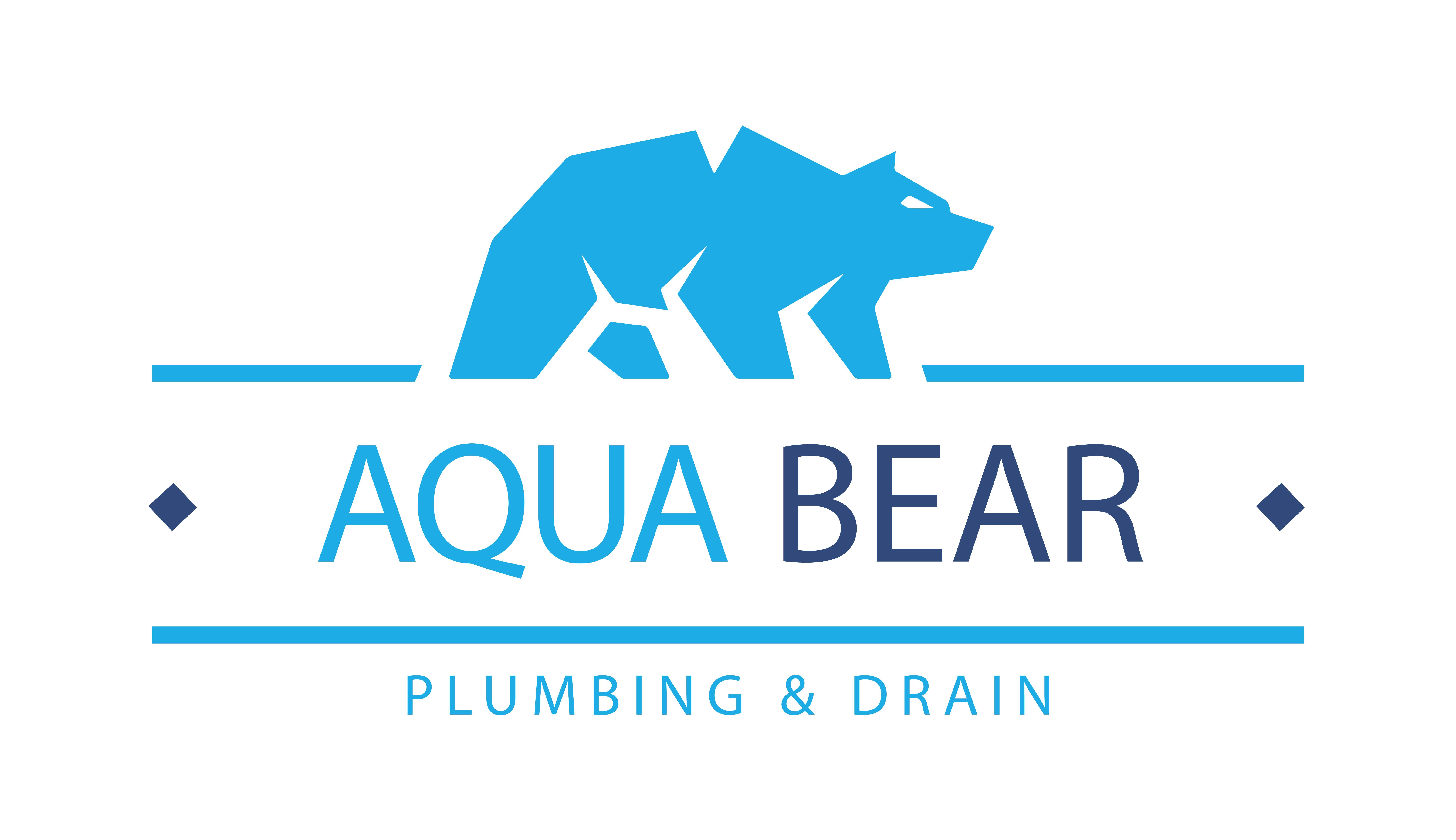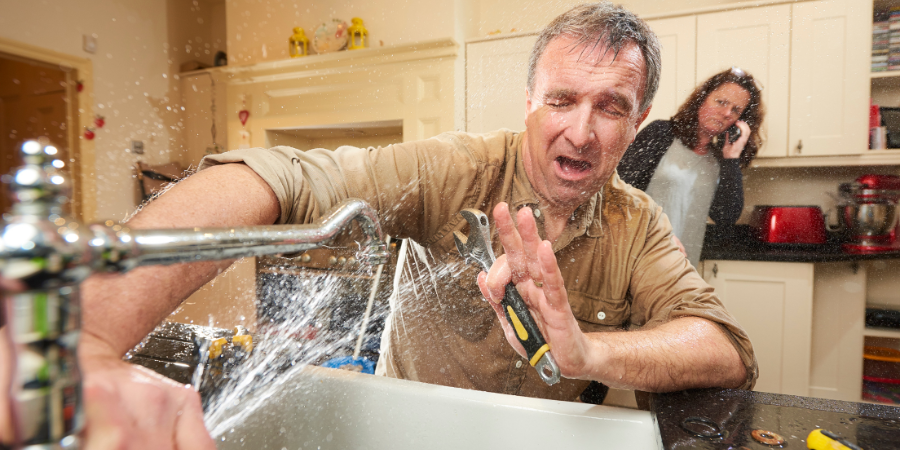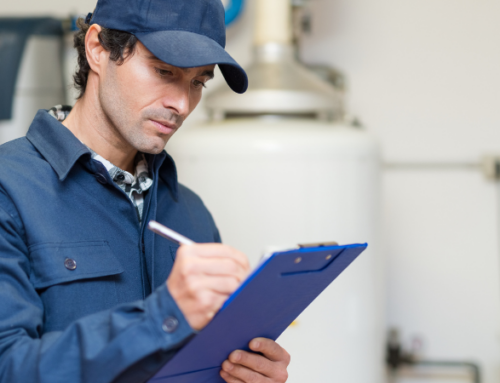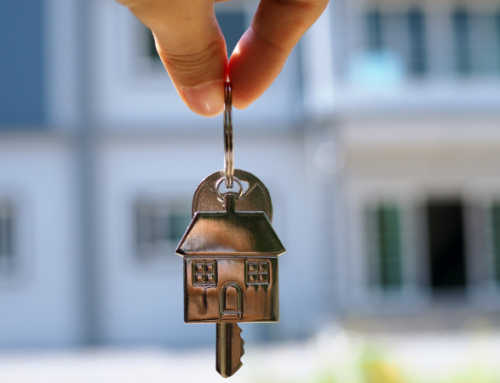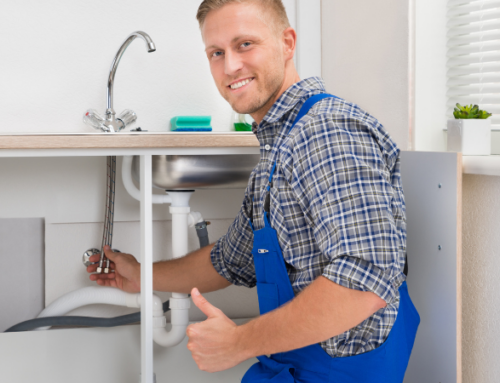DIY plumbing is a great way to take control of your home improvement projects and can help you save money. In order to be successful you will need the proper plumbing tools and a general understanding of how a home’s plumbing system functions. You will need to know how to detect problems that frequently arise and be able to admit when the scope of the project is beyond your capabilities This article will help you understand all of the components of a successful DIY plumbing repair.
Plumbing Tools
In order to be successful you need to have proper plumbing tools. Knowing what they are and their function will help you tackle minor plumbing issues. Here are 13 must-have plumbing tools you will need:
–Plungers It is best to purchase two types of plungers, a flange plunger for unclogging toilets and a cup plunger used for unblocking flat surface drains such as those found in sinks and showers.
-Hacksaws This type of saw can be used to cut through bolts, nuts, and other hardware as well as cut metal and plastic pipes and is invaluable for removing sections of damaged pipes.
-Adjustable wrench An adjustable wrench is used to remove fasteners such as nuts and bolts. It has a moveable lower jaw and can be adjusted to fit various sizes making it a versatile tool. It is also used to hold pipes in place or to turn threaded pipes for assembly or disassembly.
-Basin wrench A basin wrench loosens nuts used in faucet assembly. Their unique design allows them to reach narrow and hard-to-reach places and their swiveling jaw permits easy locking onto the nut head.
-Shower valve socket wrench This tool is used primarily in the bathroom to install or remove shower valves, tub fittings, and nuts. They are very durable and feature double-ends to accommodate 10 different sizes.
-Thread tape and sealant Tape is used for joining threaded pipes to prevent water, air, or gas leaks. Sealants create water-tight seals and will keep plumbing parts firmly in place.
-Pipe cutters and benders These easily cut all types of pipes from copper to brass pipes and tubing.
-Pipe extractor These remove broken pipe sections that are stuck inside pipe fittings.
-Propane torch A propane torch can serve many plumbing functions such as thawing frozen pipes, brazing large-diameter copper pipes, and joining two pipes in a process known as soldering.
-Tongue-and-groove pliers This tool with its wide jaw capacity can turn pipes, fittings, and fasteners and provide a sure grip with its angled handles that increase leverage.
-Metal file Metal files are used to smooth rough surfaces on pipes that have been cut during installation or repair.
-Hand auger and closet auger A hand auger is used primarily in tubs and drains to remove clogs by removing them with a long cable. A toilet auger is a heavy-duty tool that is inserted into the toilet bowl and breaks up the clog-forming material sending it into the sewer line.
These essential plumbing tools will ensure the best possible outcome when attempting any DIY plumbing project. Your success will also be dependent on your general understanding of how your home’s plumbing systems work. Here is a general overview of a home’s plumbing.
Understanding Your Home’s Plumbing
Your home’s plumbing is comprised of two systems. One is responsible for supplying fresh water which is provided either through a private well or the city’s water treatment facility. This pressurized water runs through a meter before entering your home. Cold water is moved directly to plumbing fixtures and appliances while a portion of the water is sent to the water heater to be heated before distribution.
The second system is designed to remove wastewater from your home and into private septic or public sewer systems. These two systems work in tandem to maintain a well-functioning home.
Common Plumbing Problems
All homes will experience plumbing issues. Water with too-high or too-low water pressure can lead to excessive wear and tear, leaking joints, and minimized faucet output. Water that is high in mineral content can also play havoc with plumbing lines and will clog pipes and drains and reduce the life spans of hot water heaters, washing machines, and other fixtures.
There are steps you can take to reduce home plumbing issues. Develop healthy waste removal habits. Monitor temperature and water pressure levels to ensure they fall into acceptable ranges and regularly inspect your hot water heater to avoid flooding. The best defense against common plumbing issues is to be aware and respond quickly to avoid costly damages or health risks.
Call In The Professionals?
Many common plumbing issues can be resolved through DIY efforts but there are some circumstances that require immediate attention by licensed and insured professional plumbers. These conditions include sewer line backups. Sewer water is highly contaminated and toxic and can cause serious harm if you come in contact with the wastewater or its fumes. Actively leaking pipes located behind walls or floors also require immediate and professional attention. Hidden leaky pipes can soak your home’s infrastructure leading to rotting wood, insect infestation, and the growth of toxic black mold. These are serious health-related issues and should not be left in the inexperienced hands of DIY repair efforts. As a matter of fact, any DIY project that is not 100% successful should be investigated by a professional to ensure your safety and the safety of your home.
Conclusion
DIY plumbing repairs can save you time and money. Understanding how your plumbing system operates and the common issues you may encounter will help you successfully deal with minor plumbing issues. Your success will be multiplied if you equip yourself with the appropriate tools needed to complete your repairs. Also, developing good plumbing habits at home will help extend the life of your plumbing system and will reduce potentially costly repairs. Remember, however, there are times when you need to call in the services of a trained plumber.
Looking For A Plumbing Company In North County?
Our team of professional plumbing technicians has decades of experience identifying and repairing plumbing problems. Contact us today to schedule an appointment!
